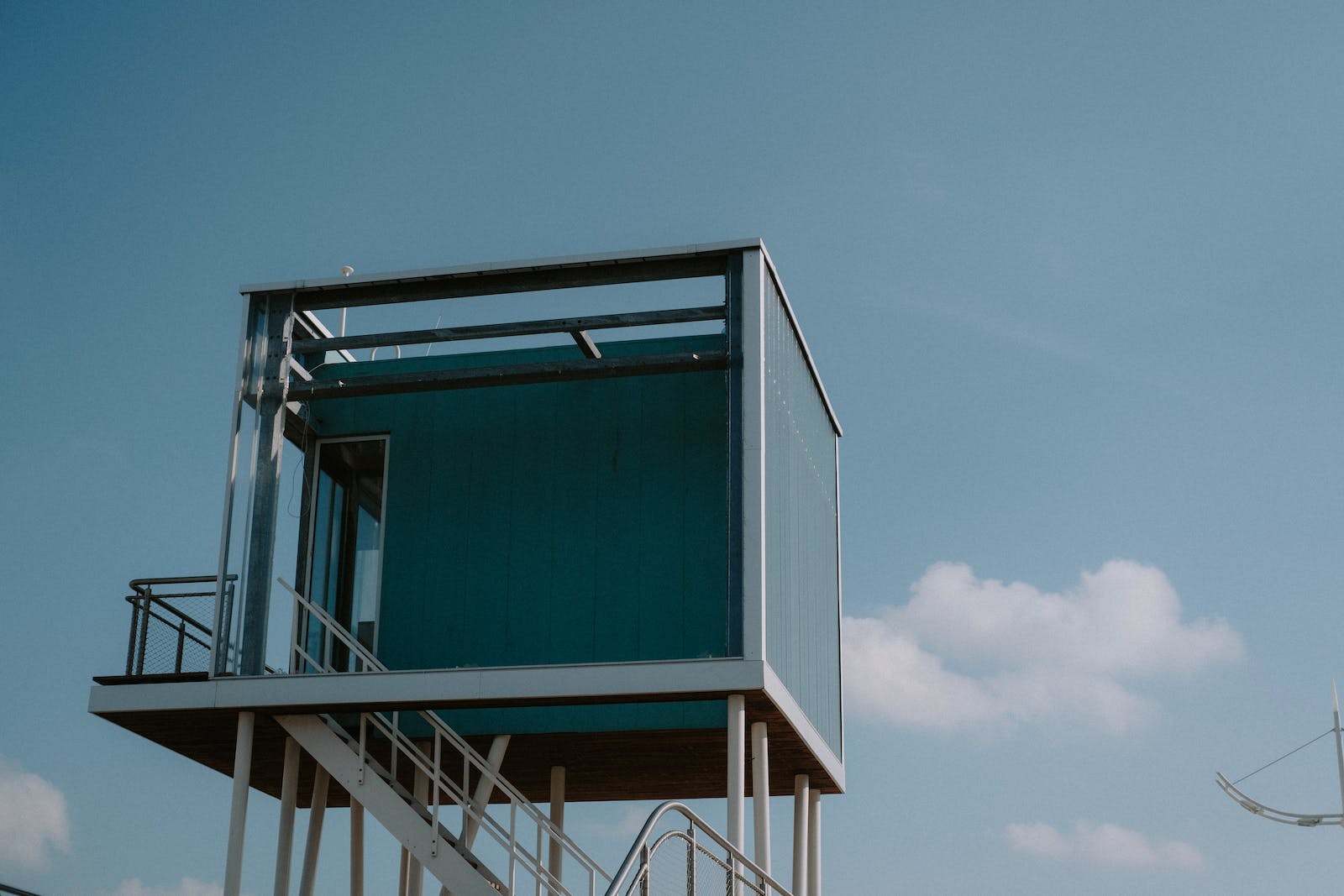The Pros and Cons of Metal Roofing: What You Need to Know
Exploring the Benefits and Drawbacks of Metal Roofs
Metal roofing has become increasingly popular in the construction industry due to its durability, energy efficiency, and modern aesthetic appeal. Homeowners and builders are constantly weighing the advantages and disadvantages of this roofing option before making a decision. In this article, we will delve into the advantages and disadvantages of metal roofs to help you make an informed choice for your next roofing project.
Whether you're considering metal roofing for a residential or commercial property, understanding its pros and cons can aid in the decision-making process. Before you embark on this significant investment, it's essential to weigh the benefits and drawbacks to ensure it aligns with your specific needs and preferences.
Pros
Metal roofing offers a range of compelling advantages that make it a popular choice for modern construction projects. From longevity to environmental benefits, here are some reasons why metal roofs are a top contender in the roofing industry.
Exceptional Longevity
One of the most notable advantages of metal roofing is its exceptional longevity. When properly installed and maintained, metal roofs can last 50 years or more, outlasting traditional asphalt shingles by a significant margin. This durability makes metal roofing a cost-effective option in the long run, as it reduces the need for frequent replacements and repairs.
Energy Efficiency
Metal roofs are highly reflective, meaning they reflect a significant portion of the sun's rays, which reduces the amount of heat absorbed by the building. This reflective property can result in lower cooling costs during hot seasons, contributing to overall energy efficiency and environmental sustainability.
Eco-Friendly Option
Unlike traditional asphalt shingles, which contribute to significant landfill waste, metal roofing is largely recyclable at the end of its long lifespan. This makes it an eco-friendly choice for environmentally conscious homeowners and businesses looking to minimize their environmental impact.
Weather Resistance
Metal roofs are known for their exceptional resistance to harsh weather conditions, including high winds, heavy snow, and hail. This superior weather resistance helps to maintain the roof's integrity and prolong its lifespan, providing added peace of mind, especially in regions prone to extreme weather events.
Modern Aesthetic Appeal
In addition to its functional benefits, metal roofing offers a sleek, modern aesthetic that complements a variety of architectural styles. With an array of color and style options available, metal roofs can enhance the visual appeal of a property, adding a contemporary touch to the overall design.
Low Maintenance
Metal roofs are known for their low maintenance requirements. Unlike other roofing materials, such as asphalt shingles, metal roofs do not require frequent repairs or replacements. This can save homeowners time and money in the long run, making metal roofs a practical and convenient choice.
Fire Resistance
Metal roofs offer a high level of fire resistance, providing added safety and peace of mind for homeowners. In regions prone to wildfires or with strict fire safety regulations, having a metal roof can be a significant advantage.
Missing a pro?
Let us know which pro you are missing!
Cons
While metal roofing boasts several advantages, it's important to acknowledge its potential drawbacks to make an informed decision. Understanding the challenges associated with metal roofs can help homeowners and builders assess whether it's the right choice for their specific needs and circumstances.
Initial Cost
One of the primary concerns surrounding metal roofing is its higher upfront cost compared to traditional roofing materials such as asphalt shingles. While the long-term benefits may outweigh the initial investment, the upfront expense can be a deterrent for some homeowners with budget constraints.
Noise Level
Metal roofs can be noisier during rain or hail storms compared to other roofing materials. While insulation and attic space can mitigate noise to some extent, those sensitive to sound disturbances may find the increased noise level during precipitation a drawback of metal roofing.
Expansion and Contraction
Metal roofing materials can expand and contract with fluctuating temperatures, potentially leading to issues such as oil-canning, where the flat areas of the metal panels appear wavy. Proper installation and use of suitable fasteners can help minimize this effect, but it remains a consideration for prospective buyers.
Denting
While metal roofs are generally durable, they are susceptible to denting from heavy impact, such as falling branches or hail. The risk of denting varies based on the type and gauge of the metal used, as well as the specific environmental factors within the installation area.
Color Match and Repairs
Matching the color and texture of metal roofing for repairs or extensions can be challenging, especially for older installations where the original materials may no longer be available. This can pose aesthetic challenges and make it more difficult to maintain a uniform look across the entire roof.
Susceptibility to Scratching
One of the potential drawbacks of metal roofs is their susceptibility to scratching. While metal roofs are durable against most elements, they can be scratched by falling branches or heavy hail. This may affect the aesthetic appeal of the roof and require maintenance to address.
Installation Challenges
Installing a metal roof can be more complex than traditional roofing materials, which can lead to higher installation costs. Additionally, not all roofing contractors are experienced in installing metal roofs, so finding a skilled and reputable installer may be more challenging.
Missing a con?
Let us know which con you are missing!
Conclusion
In conclusion, the decision to opt for a metal roof involves careful consideration of its advantages and disadvantages. By weighing the long-term durability, energy efficiency, and aesthetic appeal against the initial cost, potential noise, and maintenance challenges, individuals can make an informed choice that aligns with their priorities and budget. Ultimately, the suitability of metal roofing varies based on individual preferences, regional climate, and long-term plans for the property.
What do you think?
Do you think the pros outweigh the cons?





